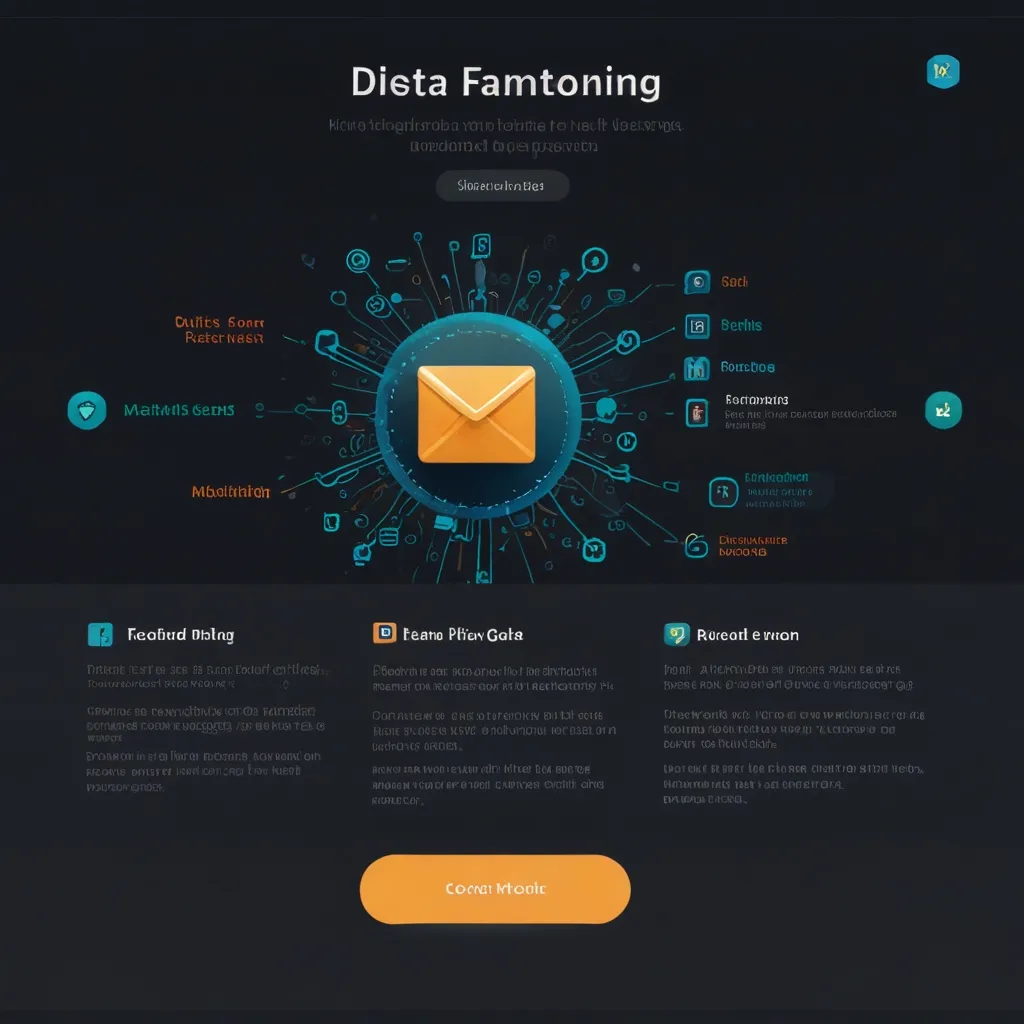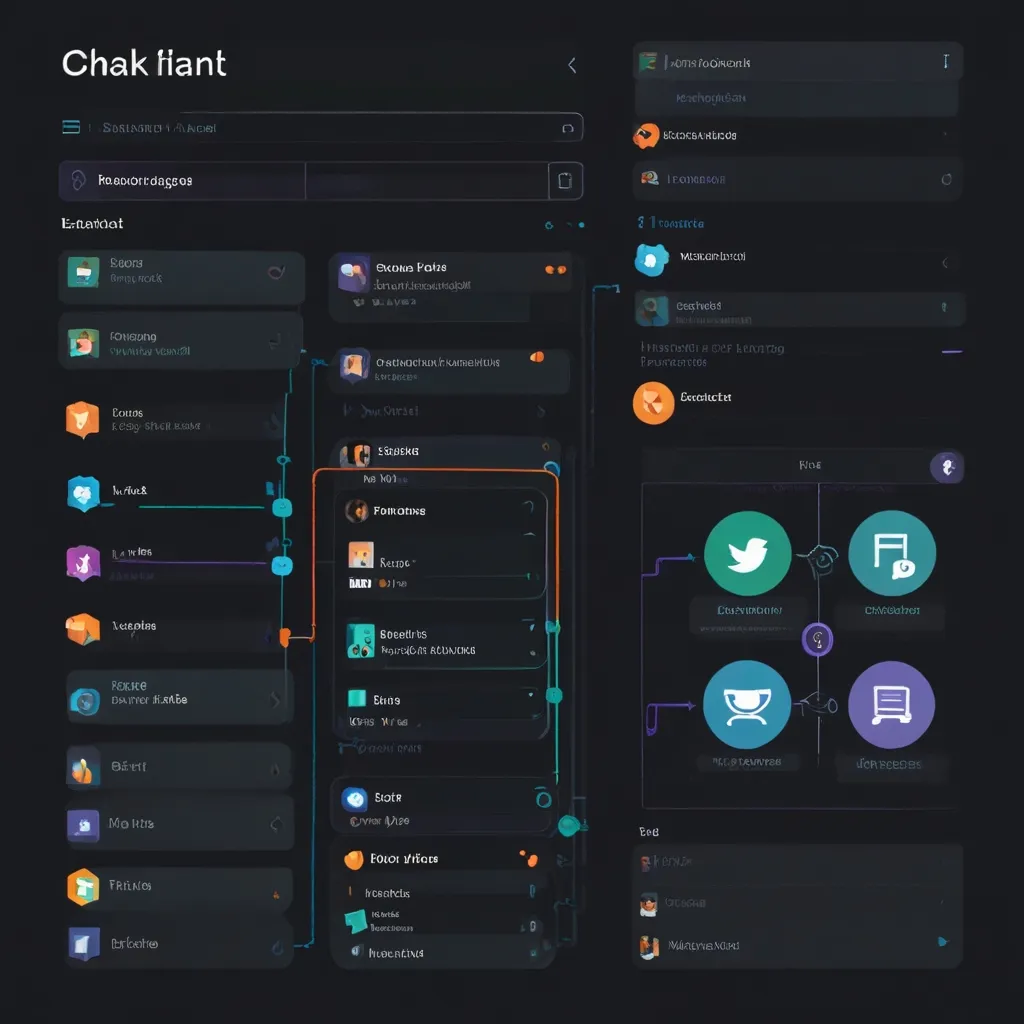Data Cleaning and Transformation with Python Libraries
Python offers robust libraries for data cleaning and transformation tasks. Let’s explore five powerful libraries that make data preparation efficient and reliable.
Great Expectations
Great Expectations helps create automated data quality checks and validation rules. It ensures data consistency and identifies potential issues before they impact downstream processes.
import great_expectations as ge
# Create a dataset
df = ge.read_csv("data.csv")
# Define expectations
df.expect_column_values_to_not_be_null("customer_id")
df.expect_column_values_to_be_between("age", 0, 120)
# Validate expectations
results = df.validate()
print(results.success)
The library maintains data quality through continuous validation, preventing data pipeline failures and maintaining trust in analytics.
Petl (Extract, Transform, Load)
Petl provides a straightforward approach to handling tabular data operations. Its strength lies in memory efficiency and simple syntax.
import petl as etl
# Load data
table1 = etl.fromcsv('input.csv')
# Transform data
table2 = etl.convert(table1, 'price', float)
table3 = etl.select(table2, 'price', lambda v: v > 100)
# Save transformed data
etl.tocsv(table3, 'output.csv')
This library excels at handling large datasets with minimal memory usage, making it ideal for ETL pipelines.
Janitor
Janitor extends Pandas functionality with intuitive cleaning methods. It simplifies common data cleaning tasks with clear, readable syntax.
import janitor
import pandas as pd
df = pd.DataFrame(...).clean_names()
# Clean and transform data
df = (
df.remove_empty()
.convert_excel_date('date_column')
.capitalize_names('full_name')
.fill_empty('unknown')
)
The library’s method chaining approach makes complex cleaning operations more manageable and readable.
Arrow
Arrow specializes in date and time handling across different formats and time zones. It provides consistent datetime operations across platforms.
import arrow
# Convert string to Arrow object
date = arrow.get('2023-01-01 12:00:00')
# Format conversion
formatted = date.format('YYYY-MM-DD')
# Time zone handling
utc_time = date.to('UTC')
local_time = utc_time.to('local')
# Date arithmetic
future_date = date.shift(days=7)
Arrow’s intuitive API makes complex datetime operations straightforward and reliable.
Datacleaner
Datacleaner automates common cleaning tasks like handling missing values and standardizing data types. It offers both automated and customizable cleaning options.
from datacleaner import autoclean
# Automated cleaning
clean_df = autoclean(df)
# Custom cleaning
clean_df = autoclean(
df,
drop_duplicates=True,
remove_empty_columns=True,
fill_numeric_nulls='mean'
)
The library serves as a quick solution for basic data cleaning needs while allowing customization for specific requirements.
Integration Example
These libraries work well together, creating powerful data preparation pipelines:
import pandas as pd
import janitor
import arrow
import great_expectations as ge
from datacleaner import autoclean
import petl as etl
# Load and initial cleaning
df = pd.read_csv('raw_data.csv').clean_names()
# Advanced cleaning with Janitor
df = (
df.remove_empty()
.fill_empty('unknown')
.convert_excel_date('timestamp')
)
# DateTime processing with Arrow
df['processed_date'] = df['timestamp'].apply(
lambda x: arrow.get(x).format('YYYY-MM-DD')
)
# Automated cleaning with Datacleaner
df = autoclean(df)
# Validation with Great Expectations
ge_df = ge.from_pandas(df)
ge_df.expect_column_values_to_not_be_null('customer_id')
# ETL operations with Petl
table = etl.fromdataframe(df)
table = etl.convert(table, 'amount', float)
final_df = pd.DataFrame(table)
These libraries enhance data preparation workflows, reducing development time and improving code reliability. They handle specific aspects of data cleaning and transformation, complementing Pandas’ capabilities.
Each library serves a distinct purpose while maintaining compatibility with the broader Python data ecosystem. This modularity allows developers to choose the right tool for specific cleaning and transformation needs.
The combination of these libraries creates a comprehensive toolkit for data preparation. From basic cleaning to complex transformations, these tools ensure data quality and consistency throughout the analysis pipeline.
Remember to consider your specific needs when choosing these libraries. Some projects might require the full suite, while others might benefit from just one or two specialized tools.
Regular updates and active community support make these libraries reliable choices for production environments. They continue to evolve with new features and improvements, addressing emerging data cleaning challenges.





